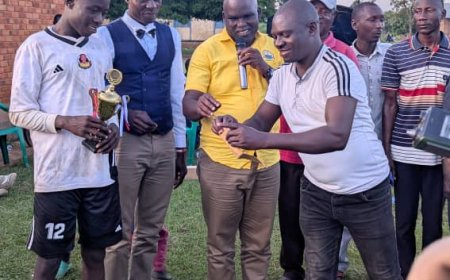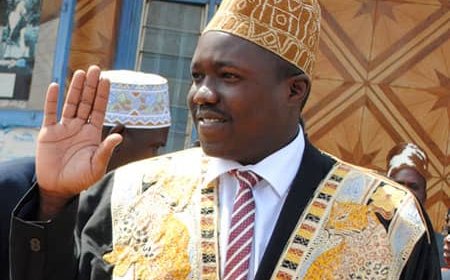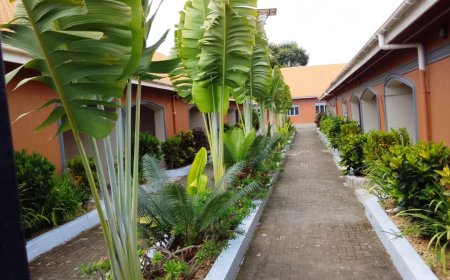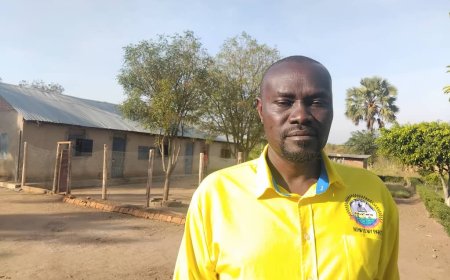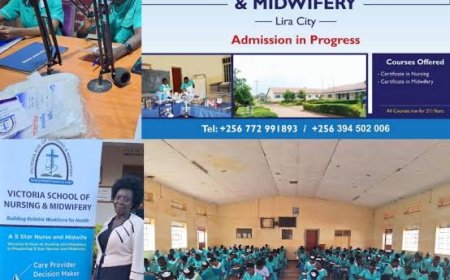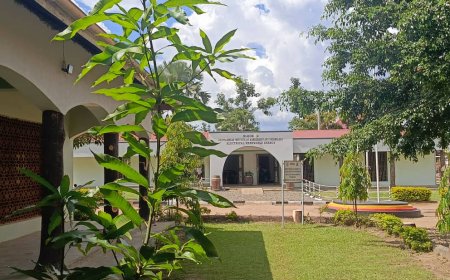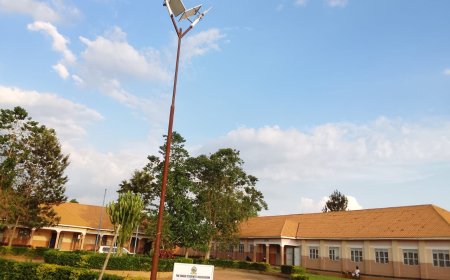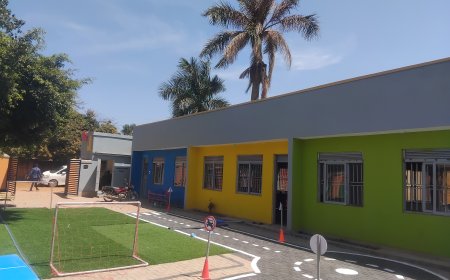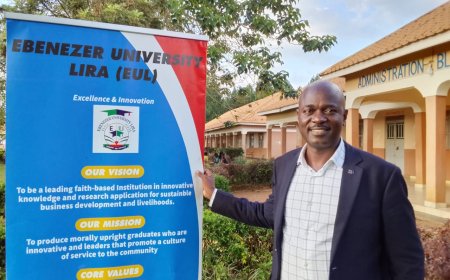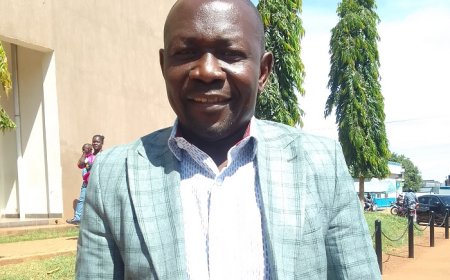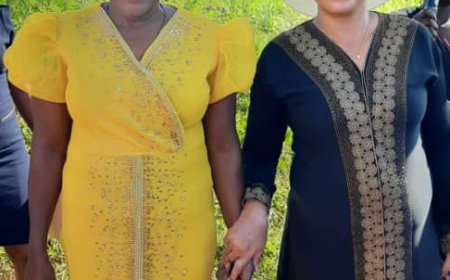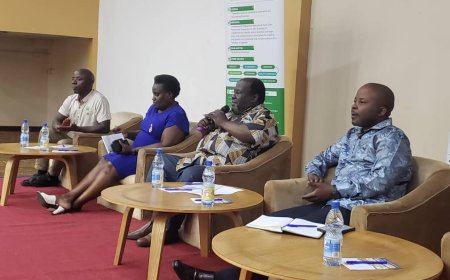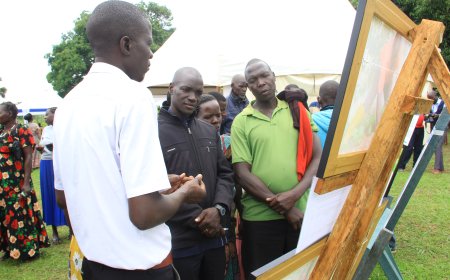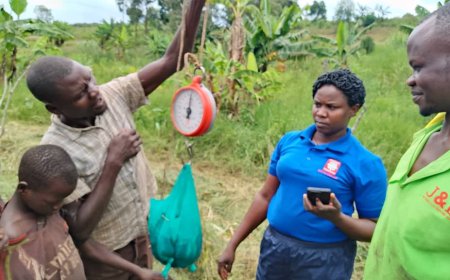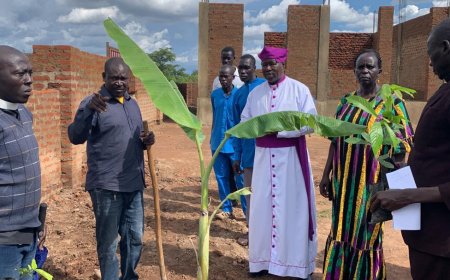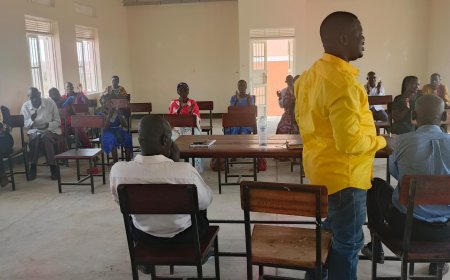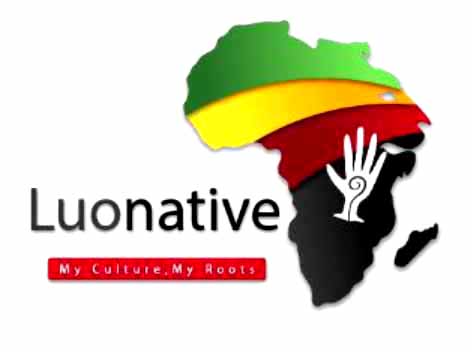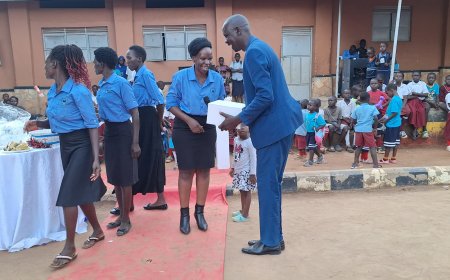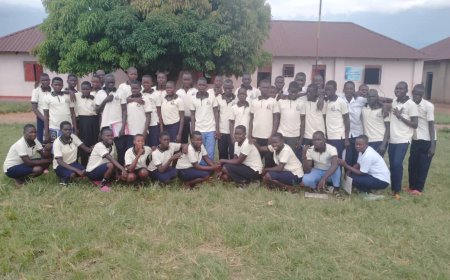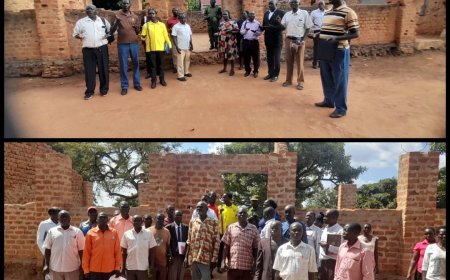West Nile Youths Urged to Use Social Media Platforms for Climate Justice Advocacy
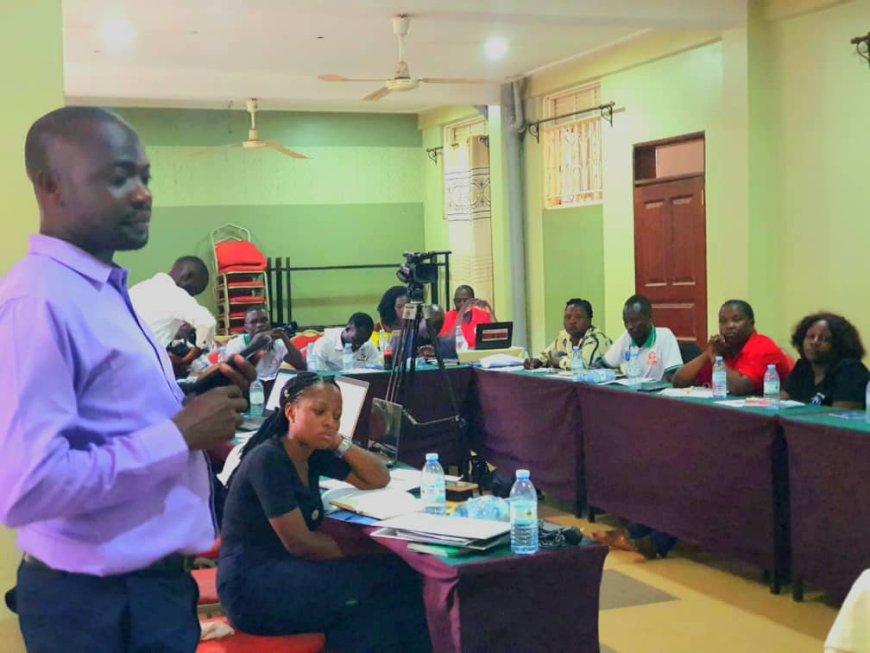
By Mike Rwothomio
NEBBI, Uganda: Youth across the West Nile Subregion have been called upon to utilize all available platforms—social media, public forums, and grassroots initiatives—to champion climate justice, ensuring equity and human rights are central to addressing the climate crisis.
This appeal was made during the LYCO Regional Consultation Meeting, organized by COLEIN AID in partnership with the Youth Climate Council Uganda (YCC), themed “Enhancing Youth Inclusiveness in Monitoring Uganda’s Nationally Determined Contributions (NDCs).”
Held at Gaf Entertainment Center in Nebbi Municipality on May 20, 2025, the event brought together youth leaders, stakeholders, and experts to discuss how climate justice—which prioritizes fairness, inclusion, and the protection of vulnerable communities—can shape Uganda’s response to the climate crisis and contribute to COP30 priorities.
The call to action comes amid deepening climate inequities, where poverty, social inequality, limited access to information, and illiteracy amplify the challenges faced by marginalized communities in adapting to climate impacts.
The day-long engagement featured group discussions, panel sessions, and Q&A forums with youth, local leaders, environmental justice advocates, and experts.
They explored drivers of climate injustice, ongoing mitigation efforts, and strategies to enhance resilience.
Jemimah Babirye Kassibo, YCC Coordinator for Uganda , praised the turnout and urged youth to actively engage in climate justice advocacy through practical actions and platforms like carbon markets and renewable energy initiatives.
“The time is now for youth to lead in shaping Uganda’s climate-resilient future,” she said. “We must move beyond tokenism to wield real influence, centering grassroots solutions and lived experiences in the fight for climate equity.”
Since its inception in 2023, the YCC has grown from 100 to over 1,000 members, reflecting a shift in youth mindsets toward climate justice.
According to the United Nations Department of Economic and Social Affairs, the world’s 1.2 billion young people (aged 15-24) face disproportionate climate burdens due to limited adaptive capacity, exacerbating environmental inequities.
Davis Rupiny, a board member of COLEIN AID, emphasized actionable mitigation strategies, including tree planting along River Ora in Zombo and preserving indigenous tree species.
“Climate justice must be accessible, equitable, and inclusive to be effective,” he said.
The consultation also produced a regional youth agenda, policy recommendations, and a youth resolution to advance climate justice.
The YCC is also conducting a study titled “Assessing the Effectiveness of the Uganda Refugee Model in Involving Refugees in Climate-Related Discussions,” recognizing the need to include displaced populations in climate justice efforts.
Savior Rwothomio, Nebbi District Youth Chairperson, highlighted the district’s tree-planting campaigns in areas like Nyaravur-Angal Town Council and schools such as Uringi, Nebbi, and Angal SS to promote environmental equity.
Expert Insights
Collin Oweka, Nebbi Municipal Council’s Environment Officer, stressed collective action for sustainable development.
Jakisa Emmy Saviour, Nebbi District Forestry Officer, outlined efforts like seedling distribution and youth-led nursery beds to build climate resilience.
Asubu David, Action Aid International Uganda’s Regional Program Coordinator northern, emphasized capacity building to empower youth as climate justice leaders.
Advancing climate justice ensures equitable distribution of environmental benefits and burdens, prioritizing vulnerable communities who contribute least to the climate crisis but suffer most. It fosters inclusive decision-making, amplifies marginalized voices and promotes resilient systems through sustainable practices like renewable energy and afforestation.
By addressing structural inequities, climate justice drives global and local accountability, reduces climate-related health risks like the 250,000 projected annual deaths by 2030–2050 due to undernutrition, malaria, and heat stress, per WHO , and secures a sustainable, equitable future for all.
What's Your Reaction?







